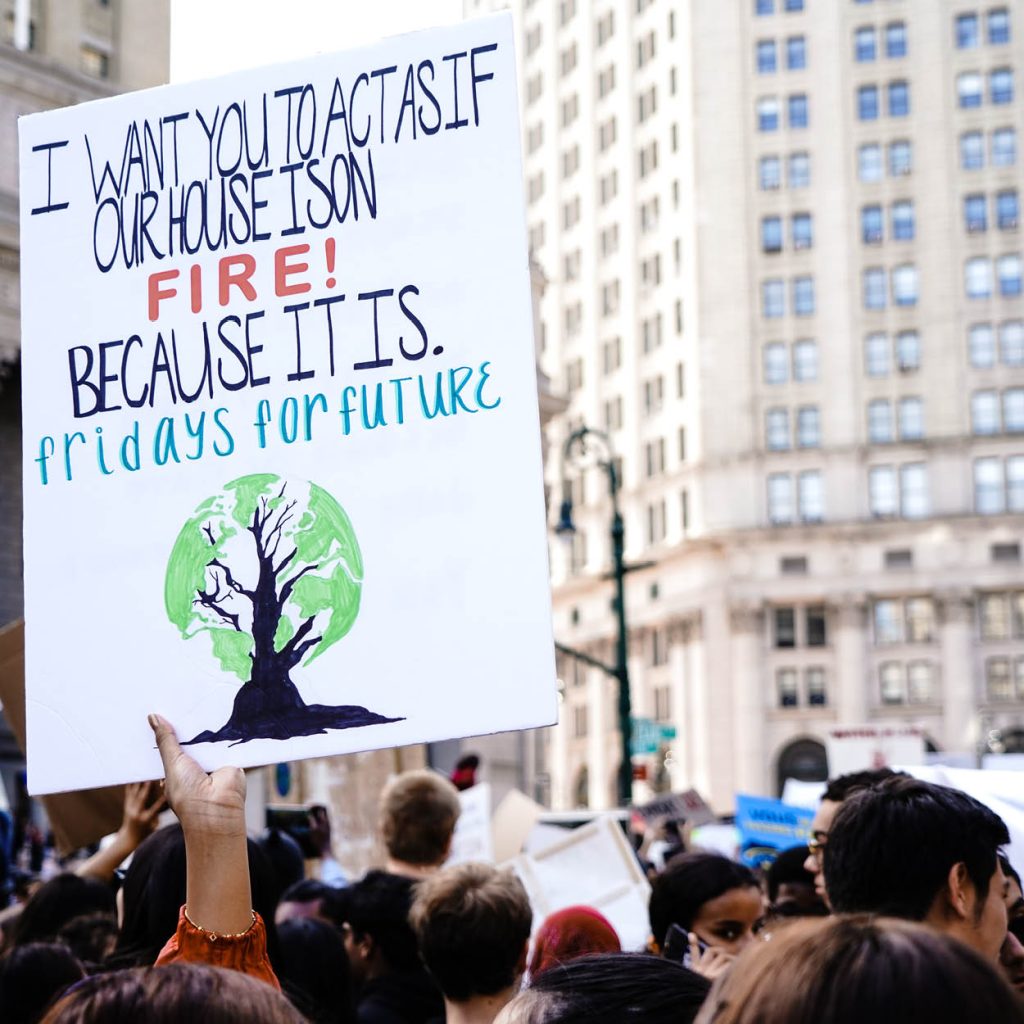Making transatlantic relations green: a common agenda for climate action

US President-elect Joseph R. Biden Jr.’s victory in the November 3rd election has raised hopes for greater transatlantic cooperation. On the campaign trail, the former Vice President vocalised his desire to repair relations with American allies, in particular Europe. His pick for Secretary of State, Antony Blinken, is an avowed Atlanticist and proponent of multilateral institutions. As part of a more multilateralist agenda, Biden has stressed that combating climate change will be one of his main priorities. He pledged to rejoin the 2015 Paris Climate Agreement, has proposed a $2 trillion climate plan to make the US climate neutral by 2050, and appointed former Secretary of State John Kerry as his Special Presidential for Climate to demonstrate his commitment to addressing the crisis.
Despite these encouraging signs, the Biden administration will not be a cure-all for climate, mostly as a result of the domestic challenges that it will face. Although his plan is ambitious compared to previous presidents, Biden’s climate proposals fall well short of the left-leaning “Green New Deal” sponsored by Representative Alexandria Ocasio-Cortez and Senator Edward Markey. Furthermore, Biden will restrict -but not ban- fracking and picked several advisers with ties to fossil fuel industries. Politically, any climate agenda will face headwinds (if not outright obstruction) from a likely Republican-controlled Senate and a right-leaning judiciary. While these limitations pale in comparison to the outright climate-denial of the Trump administration, it is still crucial for advocates of transatlantic climate cooperation to be mindful of them. In light of the ambitions and constraints of the incoming Biden administration, this policy brief suggests key areas where the US and the EU could work together to deliver global climate action in the next two years.





